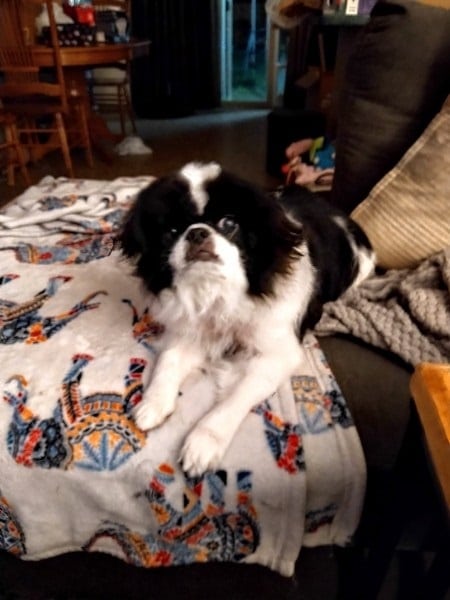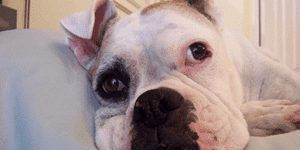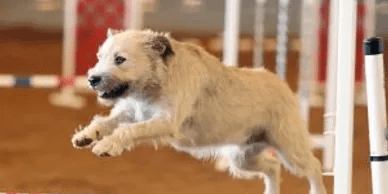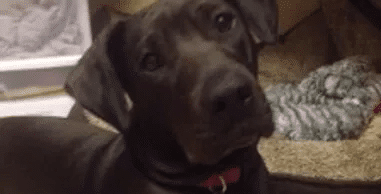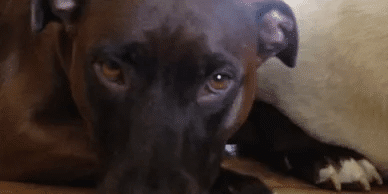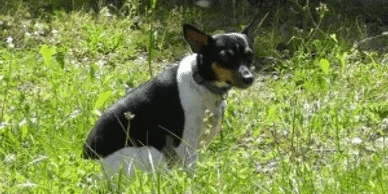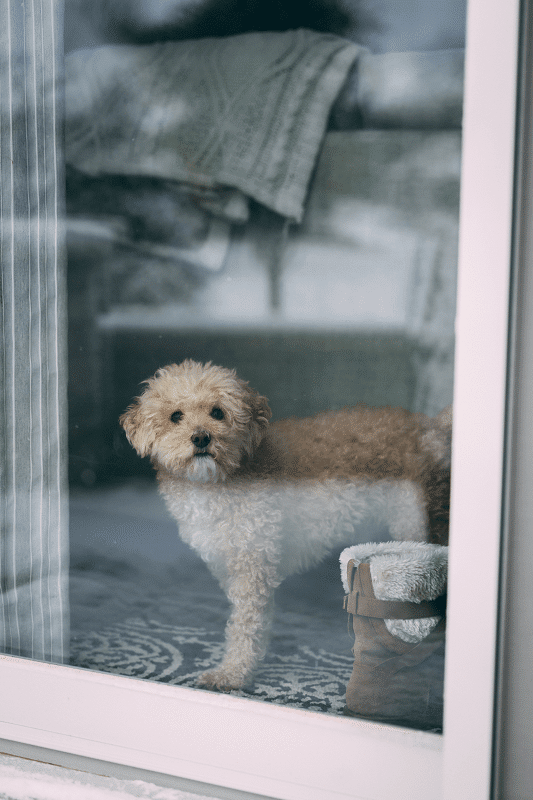 Cats are notorious for peeing outside the litter box. It’s the number one reason I’m asked to talk with someone’s cats. To us humans, it seems like such a deliberately spiteful act. We give them a litter box, we keep it mostly-clean, but the cats that used to be such a joy are determined to pee on our cherished (fill-in-the-blank) instead.
Cats are notorious for peeing outside the litter box. It’s the number one reason I’m asked to talk with someone’s cats. To us humans, it seems like such a deliberately spiteful act. We give them a litter box, we keep it mostly-clean, but the cats that used to be such a joy are determined to pee on our cherished (fill-in-the-blank) instead.
I’ve already written about the top reasons cats pee outside the litter box. You can read about that here. It’s not as common for potty-trained dogs to pee inside the house, but they do it too.
Though peeing inside the house can be a purely spiteful act, it’s often the only way an animal has to show that they’re stressed by something going on in the household. Today, I’m sharing part of a communication with a dog who had developed a habit of peeing inside whenever his people left the house. The dog’s communication to me—a mix of visual and emotional communication rather than verbal/auditory—is marked in italics.
Q: When we leave her to go out she will pee sometimes…out of spite?
A: It isn’t out of spite. She shows me an image of herself peeing in the house and looking around guiltily, feeling very anxious and worried. The peeing is a release, and she is trying to release her worry in this way. She is upset by the change in your routine. She doesn’t know what to expect, and this makes her nervous. She isn’t sure you will always come back home when you go away, because she doesn’t know where you are when you’re gone. That added element of insecurity causes her to worry excessively.
Worry and fear are big reasons that our animals act out by peeing where they shouldn’t even though they know better. The solution can be as simple as communicating with your animal about where you’re going and when you’ll be back.
“But I’m not an animal communicator,” you’ll say.
Actually, yes you are, whether you know it or not. We’re always telegraphing our thoughts and emotions to our animal companions. (Think about how often they disappear when it’s time to go to the vet.) But we often neglect to tell them what we’re doing when that knowledge would set their minds at ease and allow them to wait for us without feeling worried and afraid.
It might seem silly at first, but if you’ll just take a minute before you leave the house and say out loud to your animals where you’re going, what you’ll be doing, and how long you’ll be gone. If they’ve been acting out when you’re not home, you might also consider offering a bribe, like “If you (fill-in-the-blank) while I’m gone, I’ll give you a treat when I get back home.” And yes, it can be just as simple as that.

